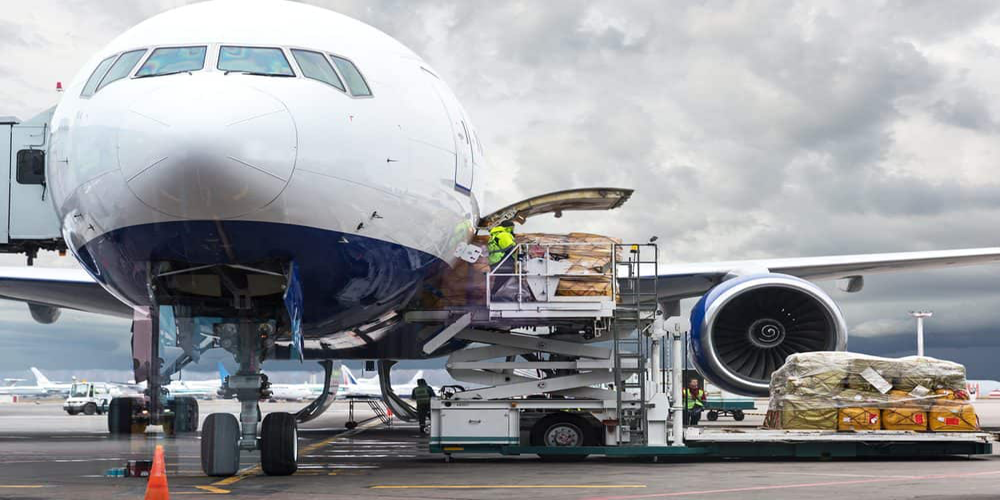Finding reliable Germany freight consolidators is essential for businesses looking to reduce shipping costs, simplify logistics, and streamline cross-border operations to Europe. Knowing how to find Germany freight consolidators allows you to leverage shared container space, optimize transit times, and comply with EU regulations. This guide outlines actionable steps to identify and partner with reputable consolidators for your German shipments.
1. Define Your Consolidation Needs
Clarify Cargo Type and Volume
- Light/LCL shipments: Consolidators specialize in merging small orders (2–15 CBM) into shared containers.
- Specialized cargo: Seek consolidators experienced in handling electronics, textiles, or machinery.
Set Key Requirements
- Transit time: Prioritize consolidators offering direct routes (e.g., Shanghai to Hamburg in 30–35 days).
- Customs expertise: Look for partners familiar with Germany’s Zoll Erkennungsnummer system and EU tariff rules.
2. Leverage Online Directories and Platforms
Use Industry-Specific Portals
- Alibaba Logistics: Filter consolidators with “Germany-focused” services, such as China Top Freight’s LCL consolidation hubs in Ningbo and Shanghai.
- Freightos: Compare quotes from EU-based consolidators like DB Schenker or Dachser for rail-sea combined services.
Explore B2B Marketplaces
- TradeWheel: Connect with German consolidators offering end-to-end solutions, including warehousing in Frankfurt or Bremen.
3. Check Credentials and Experience
Verify Licensing and Certifications
- Ensure consolidators hold valid AEO (Authorized Economic Operator) status for faster EU customs clearance.
- Look for memberships in organizations like BIEK (Federal Association of German Freight Forwarders).
Review Case Studies and References
- Ask for examples of similar shipments: “Can you provide a case study for consolidating 5 CBM of electronics from Guangzhou to Munich?”
- Check Google Reviews or Trustpilot for feedback on reliability and communication.
4. Evaluate Service Offerings
Compare Consolidation Hubs
- Chinese ports: Consolidators with hubs in Shanghai/Ningbo offer frequent sailings to Hamburg/Bremerhaven.
- EU hubs: Partners like Hamburg-based Kühne + Nagel provide seamless rail integration to inland Germany.
Assess Additional Services
- Warehousing: Look for short-term storage options (e.g., bonded warehouses in Duisburg) for order bundling.
- Insurance: Ensure consolidators offer all-risk cargo insurance (0.3–0.5% of shipment value).
5. Request and Compare Quotes
Seek All-Inclusive Pricing
- Ask for quotes covering:
- LCL freight (€100–€150/CBM from China to Germany).
- Customs brokerage fees (3–5% of shipment value).
- Terminal handling charges (THC) and documentation fees.
Negotiate Volume Discounts
- Commit to monthly shipments (e.g., 10 CBM) to secure 5–10% discounts with providers like China Top Freight.
6. Test with a Pilot Shipment
Start with a Small Order
- Ship a trial batch (e.g., 3 CBM of sample products) to evaluate:
- Tracking accuracy (use tools like 17TRACK).
- Customs clearance speed (aim for <48 hours in Hamburg).
- Responsiveness to delays (e.g., weather-related disruptions).
Provide Feedback Post-Shipment
- Share insights with the consolidator to refine future collaborations: “The Hamburg-to-Berlin rail leg was delayed by 2 days—can we prioritize express routes next time?”
7. Build Long-Term Relationships
Schedule Regular Reviews
- Meet quarterly to discuss performance metrics:
- On-time delivery rate (>95%).
- Documentation error rate (<5%).
- Collaborate on seasonal strategies, such as pre-Christmas volume planning.
Leverage Digital Tools
- Use the consolidator’s portal (e.g., CargoWise) for real-time updates on shipment status and ETA adjustments.
In conclusion, mastering how to find Germany freight consolidators involves clear needs assessment, thorough vetting, and strategic collaboration. By using online platforms, verifying credentials, and testing with pilot shipments, you can identify partners that align with your cost and efficiency goals. For personalized consolidation solutions that combine Chinese and German expertise, consider working with established providers like China Top Freight, which offers tailored LCL services to key German ports.Utilize China Top Freight to help solve the problems you are facing. Contact us today to embark on your smooth transportation journey!


